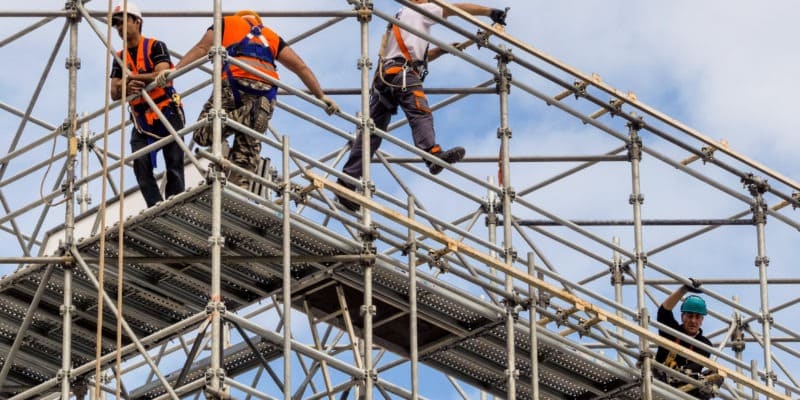BIANCA BRUNO
February 5, 2018
(CN) – The Ninth Circuit Monday considered arguments by nonunionized construction groups challenging a California wage law they claim prevents the open-shop industry from exercising its free speech rights.
The Associated Builders and Contractors of California Cooperation Committee and Interpipe Contracting appealed the dismissal of their case brought against Attorney General Xavier Becerra, Labor Commissioner Julie Su and Department of Industrial Relations director Christine Baker, which challenged the constitutionality of an amendment to the state wage law that went into effect in 2017.
Senate Bill 954 only allows employers who make payments to an “industry advancement fund” as required by a collective bargaining agreement to receive a prevailing wage credit through a state subsidy.





